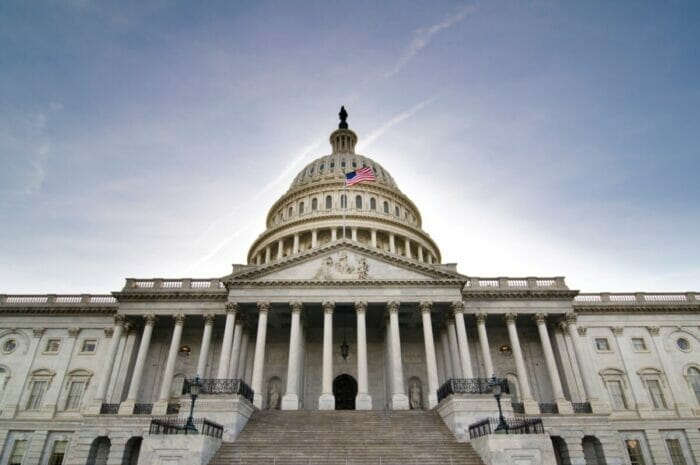House of Representatives Anti-Hunting Vote this Week
July 18, 2022This week, the House of Representatives is voting on the Interior spending bill. Buried in hundreds of pages of bill text is Sec. 439 which would defund the U.S. Fish & Wildlife Service’s ability to review and approve importation permits of lions and elephants legally hunted in Zimbabwe, Tanzania, and Zambia. This de facto ban has nothing to due with science or populations.
Please call your U.S. Representative today and ask them to vote NO on HR 8294—the Interior Appropriations bill. To reach the Capitol Hill operator to be transferred to your U.S. Representative, please call 202-224-3121. If you don’t know your U.S. Representative, you can find out who it is here. Calling is best, but if you prefer to email, you can find that information here.
Talking Points
1. Vote NO on HR 8294—the Interior Division of the bill includes Section 439- a de facto ban on legal, regulated hunting.
2. If enacted, this bill will harm lions and elephants from Tanzania, Zimbabwe, and Zambia—it will needlessly eliminate millions of dollars in private conservation that funds anti-poaching units, wildlife habitat improvement, and other conservation measures necessary for healthy populations of lions and elephants.
3. Section 439 ignores the science recognized by the U.S. Fish & Wildlife Service and the Convention on International Trade in Endangered Species—in other words, there are already domestic laws, regulations, and international treaties that heavily regulate sustainable hunting in Africa.
4. Section 439 also ignores the wildlife management and conservation successes of Tanzania, Zimbabwe, and Zambia.
5. Elephants and lions are threats to many rural communities in Africa—they threaten livestock, crops, infrastructure, and even human life.
6. Hunting fees in Africa support local communities, fund anti-poaching units, and support wildlife conservation. Hunting also provides a much-needed source of protein to rural, poor communities.
7. The human population in Africa is increasing rapidly, putting wildlife habitats in direct conflict with human livelihood. To protect wildlife in Africa, it must have value and not compete with African’s ability to provide for their families.
Since 1972, Dallas Safari Club has been the gathering point for hunters, conservationists, and wildlife enthusiasts. An international organization, we offer members a world of options: Annual conventions and expositions, Annual sporting clay events, Monthly meetings and other member activities, World class publications and a Grant in aid program that contributes millions of dollars each year to programs and projects promoting our mission to conserve wildlife and wilderness lands, to educate youth and the general public and to promote and protect the rights and interests of hunters worldwide.


